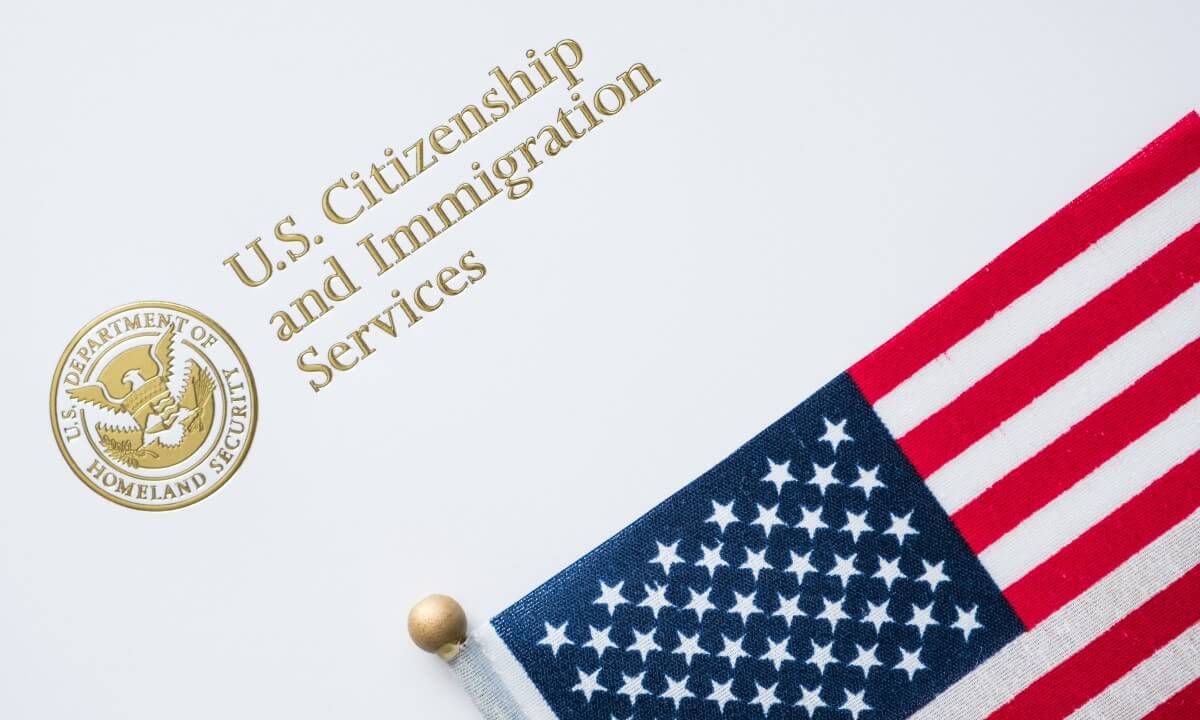Two weeks ago, we wrote about efforts to pass legislation in Congress to improve access to work visas for engineers and other highly skilled workers. Those efforts are ongoing, and we will continue to follow their progress.
The proposed legislation has taken the shape of a bill introduced a bill called the Immigration Innovation Act of 2013. Sen. Amy Klobuchar of Minnesota is one of the sponsors in the U.S. Senate.
The bill calls for an increase in the availability of H-1B work visas. The number would grow from 85,000 to 115,000. Workers in science, math and technology fields, as well as engineering, would benefit from greater ability to work legally in the U.S.
Currently, many international students who come to this country for study in those fields are not always able to obtain visas to work in the U.S. after they graduate. There simply aren’t enough of the work visas to go around. Foreign students at the University of Minnesota are greatly affected by the limited availability of these visas.
H-1B visas are awarded annually, through an application process that begins in April. For the last decade, applications are repeatedly exceeded the supply that is available.
Sen. Klobuchar’s bill would not only increase the overall number of H-1B visas that are allotted. It would also enable the number to be adjusted throughout the year based on demand, rather than filled through a first-come, first-served system that tends to run out of visas before the year is over.
The bill also takes up the subject of a path to citizenship for international students. Sen. Klobuchar has said that if these students are offered such a path, the U.S. will merely be training its own competitors in cutting-edge science and technology fields.
Source: “Bipartisan bill would provide more work visas,” Minnesota Daily, Janice Bitters, 2-27-13
Our firm handles situations similar to those discussed in this post in Minnesota. To learn more about our practice, please visit our page on work authorization.



